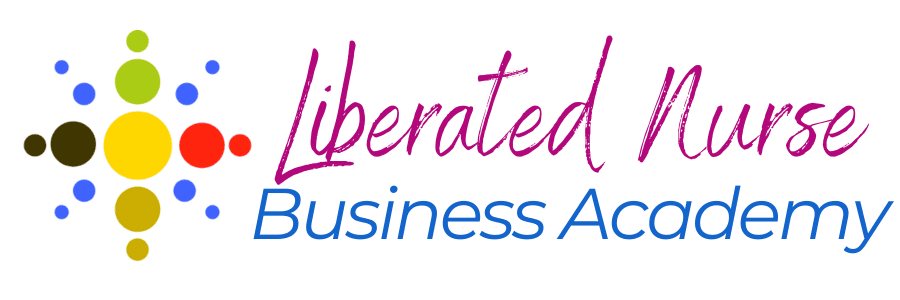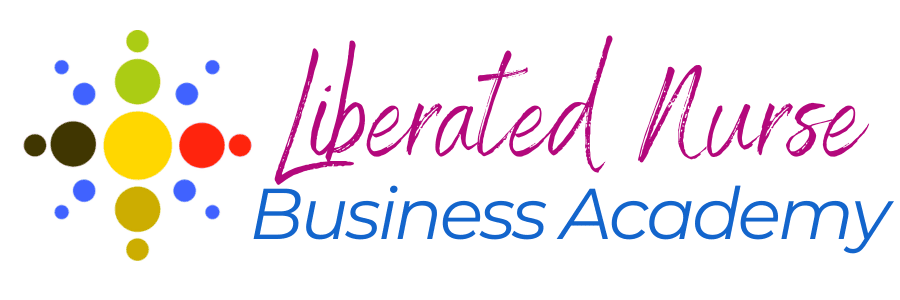
One evening, the New York Times bestselling author Neil Gaiman entered a room of luminary artists and writers, thinking, “What am I doing here? These people have all done amazing things. I’ve just written novels.”
Another guy named Neil was also standing near the doorway. After they chatted a few minutes, the older Neil looked at the room full of celebrated artists and writers and said, “I don’t know why I’ve been invited here. These people have done extraordinary things.”
At that moment, Neil Gaiman felt a wave of surprise and relief because if Neil Armstrong, the first human to set foot on the moon, sometimes feels like an imposter, then surely all of us do!
The most confident, courageous, accomplished people I’ve talked with have all shared similar feelings.
What Is Imposter Syndrome?
Imposter Syndrome is equivalent to self-doubt. The Oxford Dictionary defines it as “the persistent inability to believe one's success is deserved or has been legitimately achieved through one's own efforts or skills.”
Author Clare Josa, author of Ditching Imposter Syndrome, identifies four Ps associated with imposter syndrome: perfectionism, paralysis, people-pleasing, and procrastination.
Imposter syndrome is possibly the most common feeling that prevents nurse entrepreneurs from taking action to build successful businesses.
So, if you have an exciting idea for a business, book, podcast, or training - and feel foolish for thinking you could pull it off - you’re not alone.
If you feel afraid of what your family, peers, or colleagues will think about you for putting a new idea into action, you are definitely not alone.
But remember: There are no perfect authorities. We can deliver tremendous value to others even with our shortcomings and flaws.
Yes, 10, 100, 1000+ people may have written or spoken about your subject. But have they done so in your way? From your background? With your point of view? Delivered at the only time when people are ready to hear it? Probably not.
Recently, actress Reese Witherspoon confided that she was ready to quit the movie Walk the Line, for which she won an Oscar. Reese was required to play a musical legend - playing instruments and singing - things she couldn't do well. Seven months into rehearsals, she was crying every day.
Then, she realized that she was Reese, not June Carter Cash and that she'd have to bring her own genius and strengths to the task.
How This Relates to Nurse Entrepreneurs
If you’ve been practicing nursing for several years and want to be a coach, consultant, poet, or inventor, your colleagues and family might think that’s an entirely different career path. They might doubt your ability to be successful or fear you’re making a huge mistake.
But you know you.
Maybe your experience, values, and vision inspire you to do something valuable that's very different from how people have seen you before.
You're allowed to try your idea and succeed!
We don't have to let imposter syndrome or other self-sabotaging fears hold us back from experiencing the fulfillment and impact we want to make.
How to Navigate Imposter Syndrome
The path through imposter syndrome is letting ourselves feel humble and turning our attention to appreciating our caring heart, being grateful for having a vision of what is possible, and being willing to take action to make things better.
From my 40 years of experience as a nurse entrepreneur, I encourage nurses to embrace their individuality, appreciate their unique strengths and viewpoints, and realize that they are uniquely prepared to serve the people who need their help.
In this upcoming season of thanksgiving, may gratitude for your life and skills lead you through your fears so you can shine your light more brightly!
To learn more, see our recorded webinar, 7 Secrets to Taming Your Inner Saboteurs.


